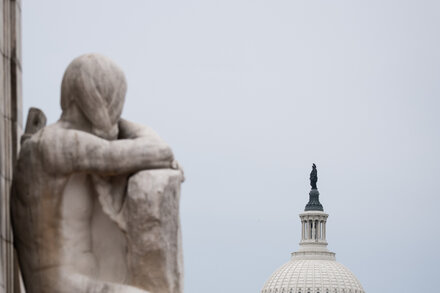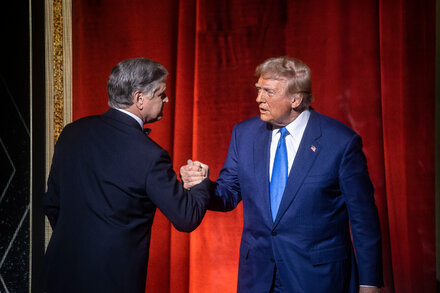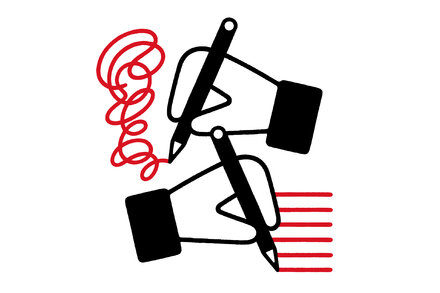
Washington D.C. — As the deadline for federal appropriations approaches, Democratic leaders are reportedly engaging in a high-stakes political strategy regarding a potential government shutdown, a maneuver some analysts are dubbing “The Democrats’ Big Shutdown Gamble.” The strategy centers on leveraging budget negotiations to push key policy priorities, even at the risk of a federal government closure.
The core of the Democratic approach appears to be a unified stance against Republican demands for significant spending cuts in certain areas, particularly those impacting social programs and regulatory agencies. Instead, Democrats are advocating for a budget that includes funding for their legislative agenda and maintains current spending levels on critical services, setting up a direct confrontation with the opposing party.
The Strategy Unfolds
Sources close to congressional negotiations suggest that Senate Majority Leader Chuck Schumer is leading the charge, aiming to draw a clear contrast between the parties ahead of the next election cycle. The gamble relies on the belief that public opinion will ultimately side with Democrats, viewing Republicans as responsible for any disruption to government services.
“We are not going to capitulate to extreme demands that undermine the well-being of the American people,” Senator Schumer reportedly stated during a private caucus meeting. “Our responsibility is to ensure the government continues to deliver for working families, and we will stand firm on our principles, even if it means a tough fight.”
This strategy is reminiscent of past budget stalemates where both parties have attempted to use the threat of a shutdown as leverage. However, the current political climate, marked by deeply entrenched partisan divisions, may amplify the stakes involved.
Risks and Rewards
Should the Democrats’ strategy succeed, it could secure funding for their priorities, potentially boost their standing with key constituencies, and frame Republicans as obstructionist. Conversely, the risks are substantial. A prolonged government shutdown could lead to significant public backlash, economic instability, and potential damage to the Democratic party’s image if they are perceived as equally responsible for the gridlock.
Political observers are closely watching how this dynamic plays out. Many believe the outcome will not only determine the immediate future of federal spending but also set the tone for legislative cooperation—or lack thereof—for the remainder of the congressional session.
Source: Read the original article here.





